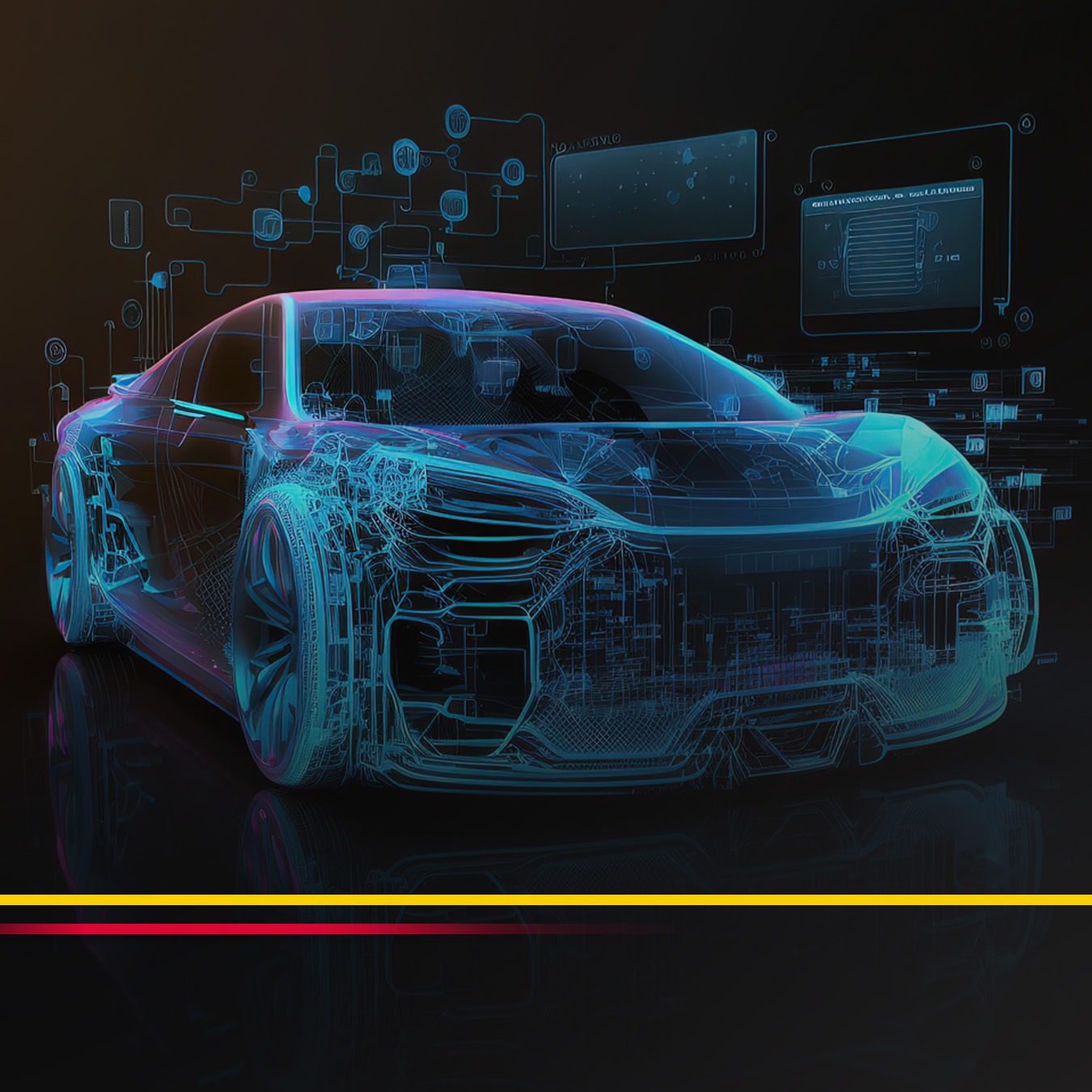As we approach 2025, the automotive industry continues to evolve at an unprecedented pace, with technology playing a central role in shaping the future of driving. In this article, we explore the most significant trends that will dominate the industry in the coming years, revolutionizing the way we interact with vehicles.
1. Autonomous Driving: Moving Toward Fully Self-Driving Cars
Autonomous driving technology has made remarkable strides in recent years, and by 2025, self-driving cars are expected to be more advanced and widely available. Companies like Tesla, Waymo, and traditional automakers are heavily investing in autonomous systems, including improved sensors, AI-driven algorithms, and advanced mapping technologies. By 2025, more vehicles will be equipped with Level 3 or even Level 4 automation, allowing for hands-free driving in certain conditions. This will reduce the need for human intervention and improve road safety by minimizing human error.
2. Connected Cars: The Rise of the Smart Vehicle
Connected cars will become more sophisticated as advancements in communication technologies continue to evolve. Vehicles in 2025 will be fully integrated into the Internet of Things (IoT), offering seamless interaction between your car, smartphone, smart home devices, and even other cars on the road. In-car infotainment systems will be more intuitive and voice-controlled, allowing drivers to interact with their vehicles through simple commands. Real-time updates and remote diagnostics will help reduce maintenance costs, and smart traffic systems will allow cars to communicate with each other to avoid accidents and reduce congestion.
3. Electric Vehicles (EVs): Powering the Future of Transportation
As environmental concerns grow, the automotive industry is shifting toward sustainable solutions. Electric vehicles (EVs) are expected to dominate the market by 2025, driven by advancements in battery technology, which will offer longer ranges, faster charging times, and lower costs. The expansion of EV charging infrastructure will make it easier for consumers to transition to electric cars, especially as governments implement stricter emissions standards. Additionally, automakers will continue to innovate with EV models that offer better performance and improved affordability.
4. Sustainable and Eco-Friendly Innovations: A Greener Future
Sustainability will be a major focus in the automotive industry moving forward. By 2025, we expect to see an increase in the use of eco-friendly materials in vehicle production, including sustainable plastics, recycled metals, and biodegradable components. Automakers will also focus on improving fuel efficiency and reducing carbon footprints across their vehicle fleets. Innovations such as solar-powered cars and hydrogen fuel cells may become more mainstream, contributing to a greener future for the transportation industry.
5. Advanced Safety Features: Enhanced Protection for Drivers and Passengers
The future of automotive safety will be dominated by cutting-edge technologies that go beyond traditional airbags and seatbelts. By 2025, vehicles will be equipped with advanced driver assistance systems (ADAS), such as adaptive cruise control, automatic emergency braking, lane-keeping assist, and pedestrian detection. These systems will significantly reduce the likelihood of accidents and improve driver awareness. Additionally, vehicles will be designed to better protect passengers in the event of a collision, utilizing advanced materials and structural designs that minimize injury.
6. Augmented Reality Dashboards: A New Way to Interact with Your Car
By 2025, augmented reality (AR) dashboards will become a standard feature in many vehicles. This innovation will allow drivers to access critical information directly on their windshield, such as navigation prompts, speed limits, and hazard warnings, without having to take their eyes off the road. AR systems will also improve navigation by overlaying directions on real-world landmarks, making it easier for drivers to follow complex routes and avoid traffic congestion.
The Future of Driving
The automotive industry is on the verge of a major transformation, driven by advancements in technology that promise to make driving safer, more efficient, and more sustainable. From autonomous driving to connected cars, and electric vehicles to eco-friendly innovations, 2025 will mark a milestone in the development of smarter, greener, and more user-friendly vehicles. As these technologies become more integrated into our daily lives, the way we interact with cars will change forever, bringing about a new era of driving that is both exciting and sustainable.





Comments are closed